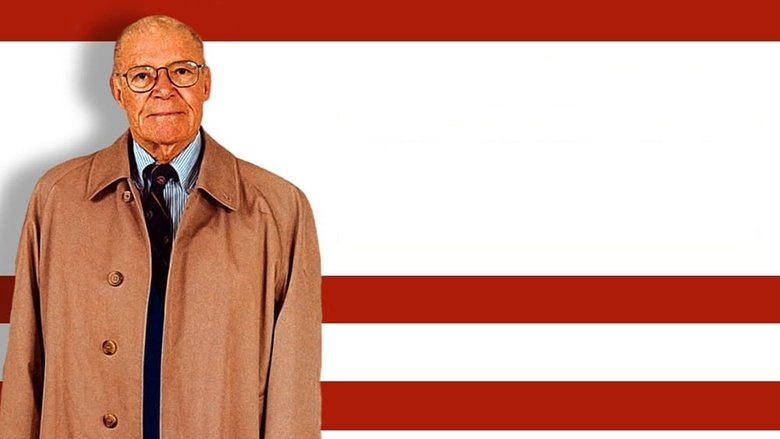What to watch after oppenheimer: Documentaries exploring difficult truths
If you were captivated by the complex history and moral weight of Oppenheimer, these documentaries offer similar deep dives into real-world events and fascinating figures. Explore powerful stories that challenge perspectives and reveal hidden histories.

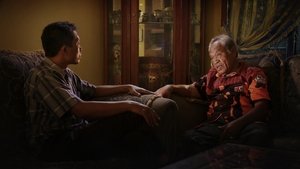

Christopher Nolan's Oppenheimer plunged audiences into the moral maelstrom surrounding the creation of the atomic bomb, forcing us to confront the profound consequences of human ambition and scientific endeavor. If that film left you pondering the weight of history, ethical dilemmas, and the complexities of real individuals shaping world events, then the world of documentary film is your next destination.
The documentaries on this list share that same commitment to exploring difficult truths and presenting multifaceted realities. They aren't fictional narratives but powerful examinations of actual lives and historical moments, often tackling subjects as weighty and consequential as the Manhattan Project itself.
You'll find films here that delve into the aftermath of conflict and atrocity, like Joshua Oppenheimer's chilling The Act of Killing and its companion The Look of Silence, which confront perpetrators and victims of genocide in Indonesia with unflinching honesty. Others, like Errol Morris's Oscar-winning The Fog of War, offer intimate, sometimes unsettling, perspectives from key figures involved in major historical conflicts.
Many of these films have been lauded for their artistry and impact, earning prestigious awards including Academy Awards. Man on Wire captures a breathtaking act of defiance, Searching for Sugar Man tells an unbelievable story of a lost musical genius, and Citizenfour provides a real-time look at one of the most significant leaks of government secrets in modern history.
Just as Oppenheimer forced viewers to grapple with the responsibility of scientists and leaders, these documentaries compel us to consider the actions of individuals and societies, the often-uncomfortable truths of history, and the enduring impact of human choices. They are essential viewing for anyone seeking a deeper understanding of the world and the complex stories within it.
7. Blackfish (2013)
Gabriela Cowperthwaite's film is a powerful and critical examination of the consequences of keeping orcas in captivity, focusing on the story of Tilikum, a killer whale involved in the deaths of three people. The documentary argues that the stress and unnatural conditions of captivity contribute to aggressive behavior in these intelligent and social animals. It critiques the marine park industry, particularly SeaWorld, by interviewing former trainers and experts. While not directly about historical or political events in the vein of 'Oppenheimer,' it raises significant ethical questions about human dominion over nature and the moral responsibilities that come with it, showcasing how complex systems and human actions can lead to tragic outcomes.

6. Citizenfour (2014)
Laura Poitras's documentary offers a real-time account of the events surrounding the Edward Snowden NSA surveillance revelations. Poitras was one of the journalists contacted by Snowden (under the alias 'Citizenfour'), and much of the film is shot in the Hong Kong hotel room where Snowden first met with journalists Glenn Greenwald and Ewen MacAskill to reveal classified documents. Winning the Academy Award for Best Documentary Feature, the film provides an unprecedented look at a pivotal moment in modern history, exploring themes of government power, surveillance, privacy, and the courage (or treason, depending on perspective) of a whistleblower. It's a tense, fly-on-the-wall perspective on a story that had global repercussions.
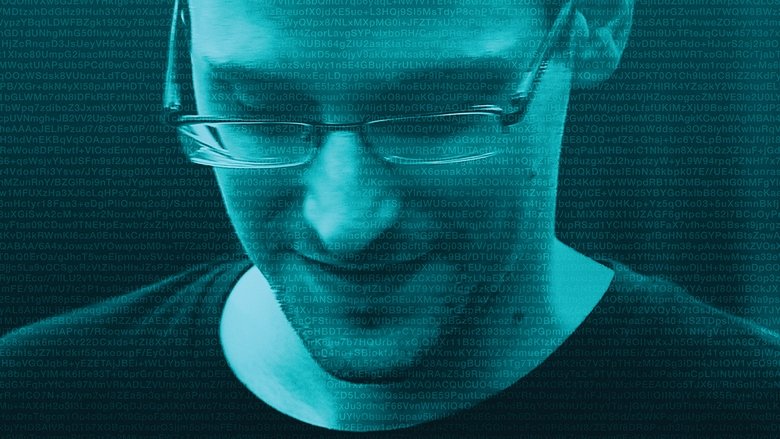
5. Waltz with Bashir (2008)
Ari Folman's animated documentary is a deeply personal journey into suppressed memory and the trauma of war. Folman, a veteran of the 1982 Lebanon War, realizes he has no recollection of his time serving. He embarks on a quest to interview fellow veterans and journalists, attempting to piece together the events, particularly the Sabra and Shatila massacre. The use of animation is not merely stylistic; it creates a dreamlike, sometimes surreal, atmosphere that effectively conveys the subjective nature of memory and the psychological impact of combat. The first animated film ever nominated for the Academy Award for Best Foreign Language Film, it's a poignant and innovative exploration of how individuals grapple with collective guilt and personal trauma stemming from historical atrocities.
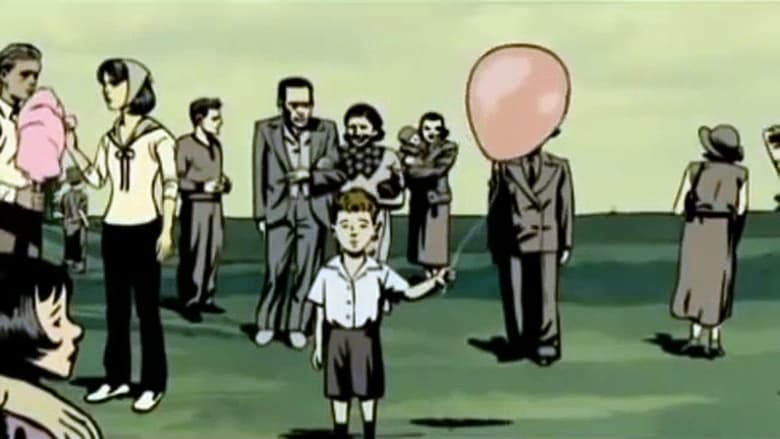
4. The Look of Silence (2014)
Serving as a powerful companion piece to 'The Act of Killing,' this documentary shifts focus from the perpetrators to the victims. It follows Adi Rukun, an optometrist whose brother was murdered in the 1965-66 Indonesian genocide. Adi decides to confront the men who killed his brother, using his eye examinations as a way to enter their homes and engage them in conversation about the past. The film is quieter, more introspective, and intensely emotional, capturing the raw pain and quiet courage of survivors seeking truth and acknowledgment in a society where the killers still hold power. It received an Academy Award nomination for Best Documentary Feature, offering a necessary counterpoint to its predecessor and a deeply moving exploration of trauma, forgiveness, and the search for justice.

3. The Act of Killing (2012)
Joshua Oppenheimer's groundbreaking and profoundly unsettling film explores the 1965-66 Indonesian genocide from the perspective of the perpetrators. What makes it unique is that the former death squad leaders are asked to re-enact their killings in the style of their favorite Hollywood movies – from gangster flicks to musicals. This surreal and horrifying premise reveals not only the chilling lack of remorse but also the complex psychological landscape of individuals who have committed atrocities and lived with impunity. Executive produced by Werner Herzog and Errol Morris, the film is a daring experiment in form and ethics, pushing the boundaries of documentary filmmaking to explore how societies remember, or choose to forget, mass violence. It's a challenging watch, but an essential one for understanding the human capacity for cruelty and the nature of historical narrative.
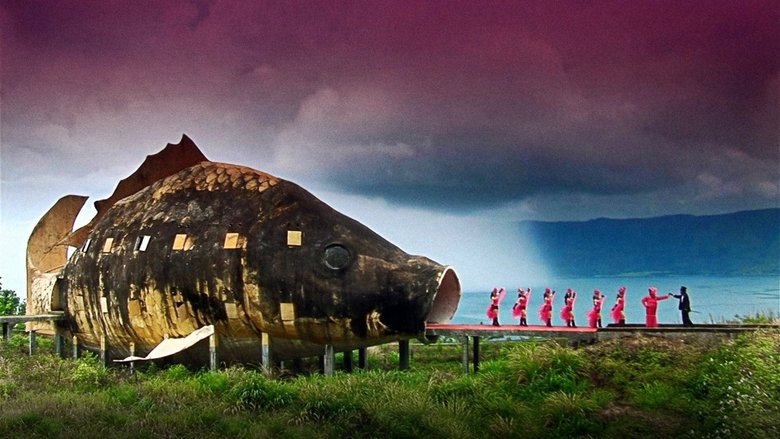
2. The Gatekeepers (2012)
This gripping Israeli documentary brings together all six surviving former heads of Shin Bet, Israel's internal security service, for the first time ever. These men, who spent decades making life-and-death decisions at the highest levels, offer startlingly frank and often critical perspectives on their actions and the ongoing Israeli-Palestinian conflict. Using a blend of interviews and cutting-edge CGI to visualize events and locations, the film explores the ethical compromises, strategic failures, and personal toll of their work. Nominated for the Academy Award for Best Documentary Feature, it provides an unparalleled, complex look at the reality of national security and counter-terrorism from the perspective of the individuals who were directly responsible, forcing viewers to confront the difficult choices made in the name of protection and peace.

1. The Fog of War (2003)
Errol Morris's documentary is a masterclass in historical reflection, featuring an extended interview with Robert McNamara, the U.S. Secretary of Defense under Presidents Kennedy and Johnson. McNamara was a key architect of the Vietnam War, and through his candid, often unsettling, reflections, the film delves into the complexities of power, war, and decision-making during critical historical periods. It's not just a historical account; it's a deep dive into the mind of a man grappling with the immense consequences of his actions. Morris employs his signature Interrotron device, allowing McNamara to speak directly to the camera, creating an intense, almost confrontational intimacy that pulls the viewer into the ethical and strategic dilemmas he faced. Winning the Academy Award for Best Documentary Feature, this film offers thirteen lessons from McNamara's life, providing a chillingly relevant lens through which to view modern conflicts and the human cost of policy.
